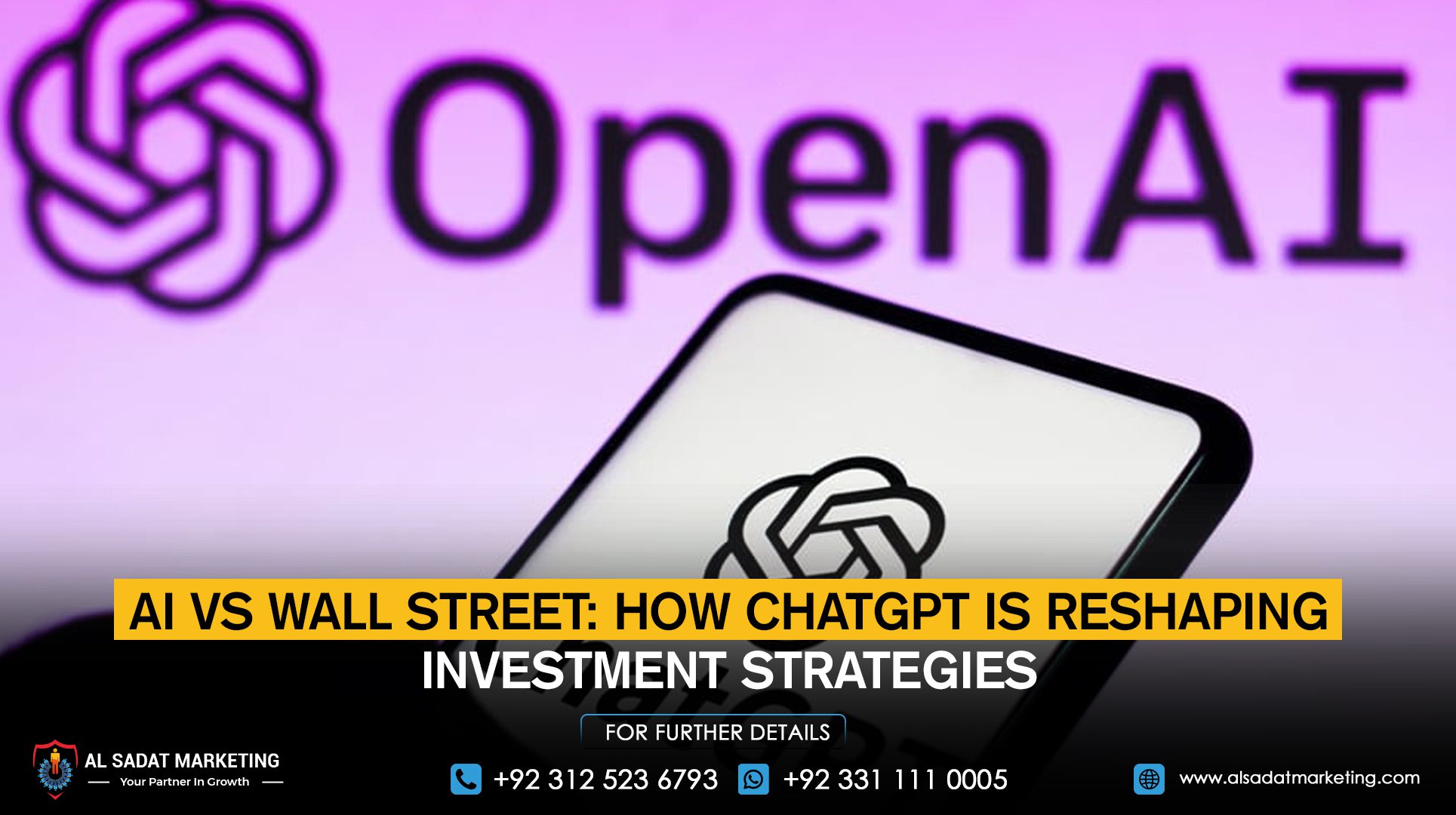Artificial intelligence is rapidly changing the way retail investors approach the stock market, with an increasing number now turning to chatbots for guidance. As ChatGPT approaches its third anniversary, research shows that at least one in ten retail investors globally is already using AI chatbots to help choose stocks. This shift is fueling a massive boom in the robo-advisory industry, though experts warn the strategy carries significant risks.
AI has made stock selection, portfolio monitoring, and investment analysis more accessible and affordable for retail investors, a service once limited to big institutions. According to Research and Markets, the global robo-advisory market is expected to rise from $61.75 billion in 2024 to $470.91 billion by 2029, a jump of nearly 600%.
Former UBS analyst Jeremy Leung, who left the Swiss bank last year, shared his experience of using ChatGPT for stock ideas. Without access to costly financial tools like Bloomberg, Leung said the chatbot helps replicate some workflows but still lacks access to critical paywalled data. His experience mirrors a wider trend.
A survey by broker eToro of 11,000 retail investors worldwide found that half would consider using AI platforms like ChatGPT or Google Gemini for investment decisions, while 13% already do so. In the UK, a Finder survey revealed 40% of people have turned to AI tools for personal finance guidance.
Experts, however, have raised concerns. While ChatGPT has demonstrated success, including a basket of 38 AI-selected stocks like Nvidia, Amazon, Procter & Gamble, and Walmart that outperformed several major funds, analysts caution that the tool is not designed for professional financial advice.
Dan Moczulski, UK managing director at eToro, warned that general AI models may misquote figures or over-rely on past performance. He emphasized that dedicated AI-powered platforms are better suited for financial markets.
Despite the potential rewards, reliance on chatbots for investments could prove risky in the long run. Analysts note that recent strong market conditions, with the S&P 500 up 13% this year after a 23% rally in 2024, may not last forever. “If people get comfortable investing with AI during good times, they may struggle when a downturn comes,” Leung cautioned.
The growing adoption of AI in investing shows both the opportunity and danger of new technology, empowering retail investors while reminding them that financial markets remain unpredictable.










